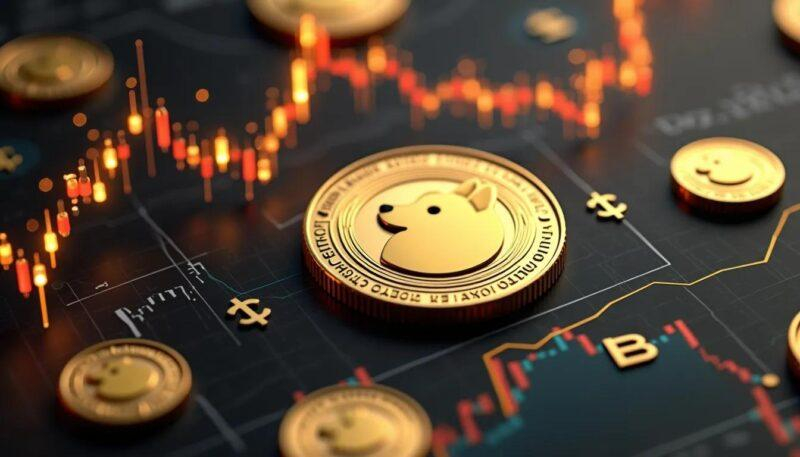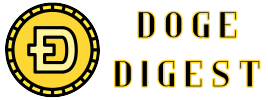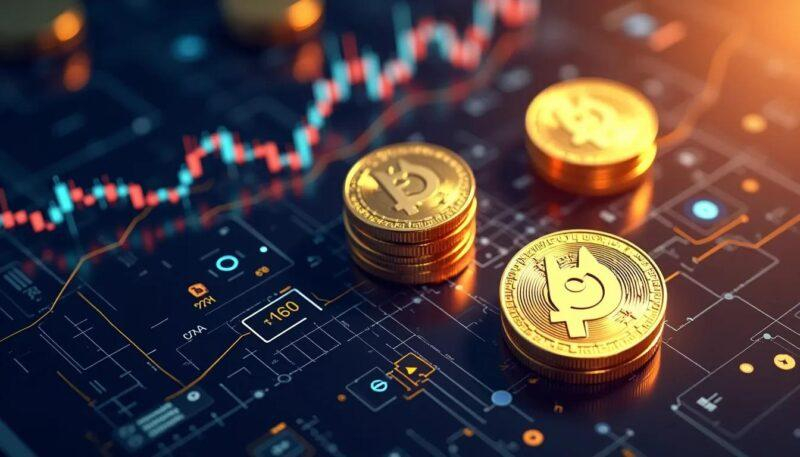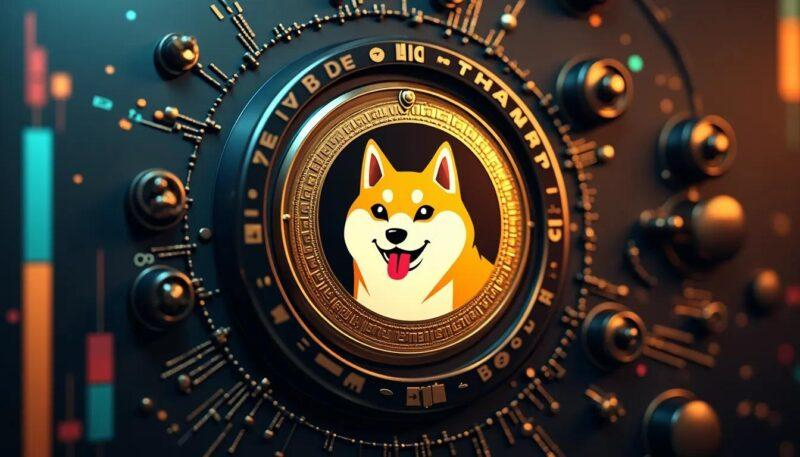In the wild world of cryptocurrency, Dogecoin has emerged as a popular digital currency among both seasoned investors and casual users. However, with great popularity comes great responsibility when it comes to safeguarding your Dogecoin transactions. In this article, we will explore the importance of protecting your pup – your precious Dogecoin – and share valuable tips to ensure your transactions remain secure. So buckle up, dog lovers, and let’s dive into the world of safeguarding Dogecoin transactions.
Ensuring the Security of Your Dogecoin Wallet
When it comes to safeguarding your Dogecoin transactions, ensuring the security of your wallet is essential. By taking the necessary precautions, you can protect your investment and prevent unauthorized access to your funds. Below are some tips to help you keep your Dogecoin wallet secure:
- Use a Hardware Wallet: Consider storing your Dogecoin in a hardware wallet, which is a physical device that keeps your private keys offline and inaccessible to hackers.
- Enable Two-Factor Authentication: Add an extra layer of security to your wallet by enabling two-factor authentication. This will require a second form of verification, such as a code sent to your phone, to access your funds.
- Regularly Update Your Wallet Software: Keep your wallet software up to date to ensure that you have the latest security features and bug fixes. This will help protect your funds from potential vulnerabilities.
Implementing Two-Factor Authentication for Enhanced Protection
Implementing two-factor authentication is crucial for safeguarding your Dogecoin transactions. By adding an extra layer of security, you can protect your assets from unauthorized access and reduce the risk of theft.
Two-factor authentication requires you to verify your identity using two different factors, typically something you know (like a password) and something you have (like a mobile device). This double verification process makes it significantly harder for hackers to gain access to your accounts.
Enhance the security of your Dogecoin transactions by enabling two-factor authentication on your exchange accounts, wallets, and any other platforms you use for cryptocurrency transactions. Take control of your financial future by proactively protecting your assets with this simple yet effective security measure.
Avoiding Phishing Scams and Malicious Websites
One of the key aspects of safeguarding your Dogecoin transactions is to be vigilant against phishing scams and malicious websites. These fraudulent activities can trick you into revealing sensitive information, such as your private keys or login credentials, putting your Dogecoin holdings at risk. To protect your pup, follow these tips:
Avoid clicking on suspicious links: Be cautious of unsolicited emails or messages that urge you to click on a link to claim a prize or verify your account. These links may lead you to phishing websites designed to steal your Dogecoin.
Double-check website URLs: Before entering any sensitive information, make sure to verify the legitimacy of the website by checking the URL. Scammers often create fake websites that mimic legitimate ones, so look for any spelling errors or inconsistencies in the domain.
Use a secure wallet: Protect your Dogecoin holdings by using a secure wallet that offers encryption and two-factor authentication. Avoid storing large amounts of Dogecoin on exchanges or online wallets, as they are more vulnerable to hacking attempts.
Regularly Updating Your Wallet Software for Security Patches
Regularly updating your wallet software is crucial for safeguarding your Dogecoin transactions against potential security threats. By staying up to date with the latest security patches, you can minimize the risk of unauthorized access to your digital assets. Just like you would protect your physical wallet, it’s essential to take precautions to secure your virtual wallet as well.
Why updating your wallet software is important:
- Enhanced security: Security patches are essential to fix vulnerabilities and prevent potential breaches that could compromise your Dogecoin holdings.
- Improved functionality: Software updates often come with new features and enhancements that can improve the overall user experience and make transactions smoother.
- Staying ahead of cyber threats: Hackers are constantly evolving their tactics, so by regularly updating your wallet software, you can stay one step ahead of potential security risks.
In addition to updating your wallet software, it’s also advisable to use strong passwords, enable two-factor authentication, and only transact on secure networks to further protect your Dogecoin investments. Remember, investing in the security of your digital assets today can save you from potential losses in the future.
Keeping Your Private Keys Safe and Secure
To ensure the security of your Dogecoin transactions, it is crucial to keep your private keys safe and secure. These keys are the gateway to your digital assets, so it is essential to take the necessary precautions to protect them from potential threats. Here are some important tips to safeguard your private keys:
- Store your private keys in a secure location, such as a hardware wallet or encrypted USB drive.
- Avoid sharing your private keys with anyone else, as this could compromise the security of your Dogecoin holdings.
- Regularly back up your private keys to prevent loss in case of hardware failure or theft.
Additionally, consider using multi-signature wallets for added security. This feature requires multiple private keys to authorize transactions, reducing the risk of unauthorized access. By following these guidelines, you can protect your Dogecoin investments and enjoy peace of mind knowing that your assets are secure.
| Tip | Description |
|---|---|
| Keep Backups | Regularly backing up your private keys can prevent loss. |
| Avoid Sharing | Never share your private keys with anyone else to maintain security. |
| Use Multi-Signature Wallets | Consider using multi-signature wallets for added protection. |
Q&A
Q: How can I ensure the safety of my Dogecoin transactions?
A: By following these simple tips, you can safeguard your Dogecoin transactions and protect your digital assets from potential threats.
Q: What are common security risks associated with Dogecoin transactions?
A: Common security risks include phishing scams, malware attacks, and hacking attempts targeting your Dogecoin wallet or private keys.
Q: How can I protect my Dogecoin wallet from cyber threats?
A: To protect your Dogecoin wallet, always use a secure and reputable wallet provider, enable two-factor authentication, and regularly update your security software.
Q: What should I do if I suspect fraudulent activity in my Dogecoin transactions?
A: If you suspect fraudulent activity, immediately report it to your wallet provider and consider freezing your account until the issue is resolved.
Q: Are there any additional precautions I can take to safeguard my Dogecoin transactions?
A: Yes, you can further enhance your security by using VPNs, avoiding public Wi-Fi for transactions, and regularly monitoring your account for any unusual activity.
Closing Remarks
In conclusion, safeguarding your Dogecoin transactions is crucial in ensuring the security and integrity of your digital assets. By following the tips and best practices outlined in this article, you can protect your pup from potential threats and scams in the ever-evolving world of cryptocurrency. Remember, vigilance and caution are key to keeping your Dogecoin safe and secure. Stay informed, stay alert, and may your transactions always be smooth and secure. Happy trading, Dogecoin enthusiasts!







